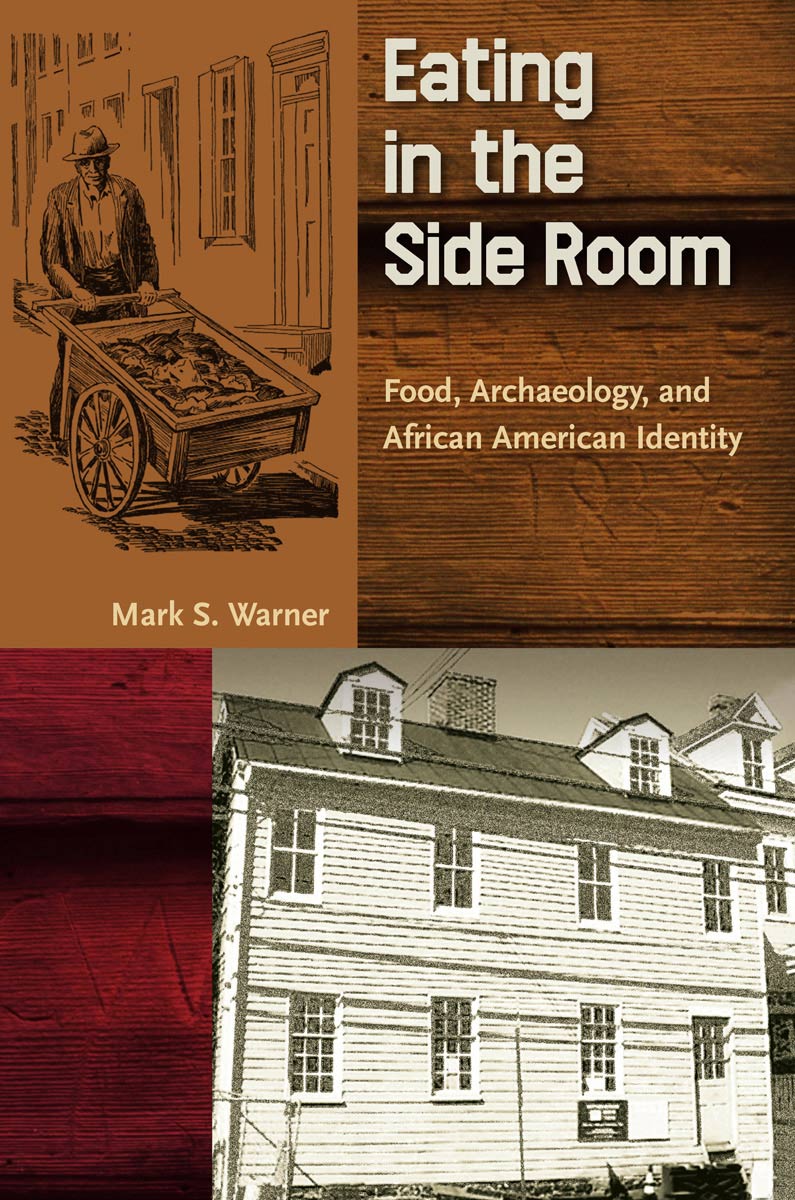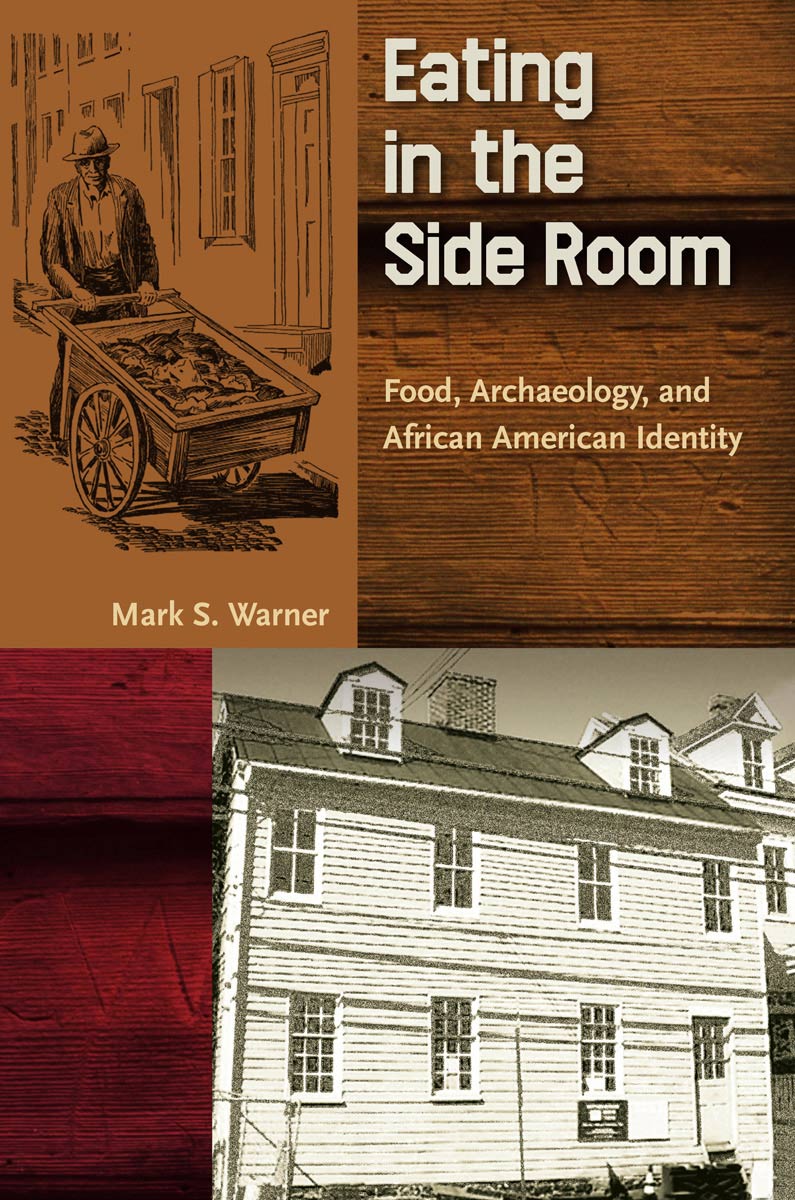Mark Warner’s book about African American Food and Culture garners praise
A University of Idaho department chair is receiving praise for his book delving into the role of food in shaping social identity among African-Americans in the United States.
Mark Warner, chair of the Department of Sociology and Anthropology, published “Eating in the Side Room: Food, Archaeology, and African American Identity,” in September 2015. The book is published by the University Press of Florida.
The book that delves into the history of African-American life in the 19th and 20th centuries, based on an archaeological excavation begun in the 1980s at a family home in Annapolis, Maryland.
“Archaeologists were engaged to test an empty house in downtown Annapolis that some thought dated to the 1700s,” said Warner, who co-directed the excavation with Paul Mullins, who now teaches at Indiana University - Purdue University Indianapolis. “Once we started to poke around, we began to find a lot of food remains from the mid-19th century. A fascinating story began to unfold about the interplay between food and cultural identity.”
The home was owned by two African-American families related by marriage — the Maynards and Burgesses. John Maynard, a free man from birth, built the home.
“These were middle-class, black families who lived through incredibly volatile times,” Warner said. “Avenues of expression were limited by law. The KKK marched in the streets. Like every American family, these families gathered together for meals. It’s something most of us don’t think about, but how and what we eat is very meaningful.”
While piecing together a narrative for his book, Warner studied changes in food habits of American society as a whole, including the rise of the commercial food industry and African-American responses to those changes.
What he found was striking. Starting in the late 19th century, white America shifted their consumer choices to eating beef, yet African-Americans in the Chesapeake Bay region did not follow suit. Instead, archaeological evidence shows that pork, a staple for centuries, remained the protein of choice for African-Americans.
Warner believes that food choices made by African-Americans served to subtly differentiate themselves from the dominant white culture — a dynamic that continues to the present day.
“Take the soul food movement that began during the civil rights era,” he said. “That was largely about the issue of self-identity in the face of racism.”
Warner’s book contains references to African-American cookbooks, blues and popular music lyrics, handicrafts and correspondence. His work is being well-received by others in his field.
"Warner powerfully demonstrates the role of food in shaping and defining social identity as it pertains to African-American life in the racialized United States,” critiqued Charles E. Orser, Jr., author of “The Archeology of Race and Racialization in Historic America.” “His careful analysis of archaeological materials supplemented with other sources such as quilts and blues lyrics — sources seldom used in historical archaeology — is instructive and inspiring."








